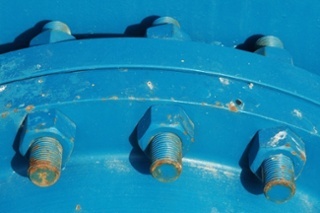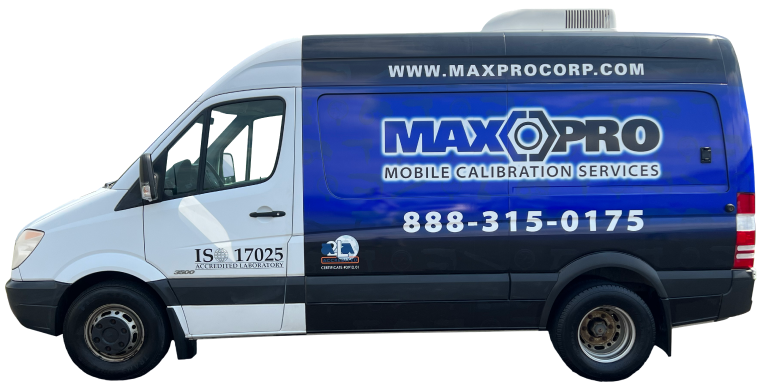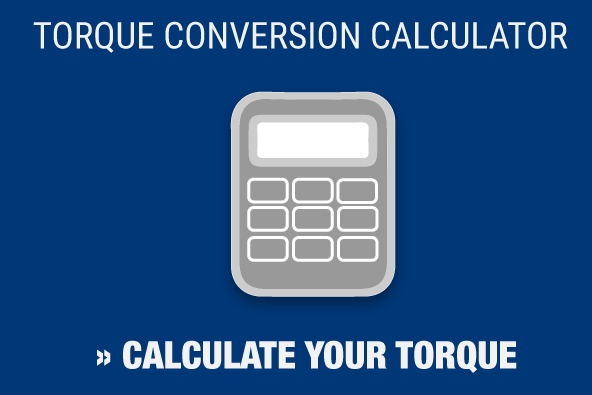 There are a number of ways to check bolt tightness.
There are a number of ways to check bolt tightness.
There is the “turn-of-nut” method. There are direct tension indicators, single-use mechanical load cells which show when the required tension in a fastener has been reached.
And then there is calibrated wrench pre-tensioning, one of the simplest methods to check bolts for tightness. Here are the steps you’ll need to take when using this method.
1. Make Sure You’ve Maintained Your Torque Wrench’s Calibration Certificate
Be sure the calibration certificate on your torque wrench is up to date, and keep that information logged to know when it expires. If you’re working with a subcontractor, have them submit the calibration certificate for their torque tool.
2. Use An Impact Machine
Make sure you’ve tightened the bolts to snug-tight condition using an impact machine before checking the bolts with torque. Snug-tight refers to the condition where tightness is achieved with an impact wrench or by hand with a worker using an ordinary wrench.
3. Establish The Bolts’ Torque Value
There are standards that designate a bolt’s torque value – American Standard, British Standard, etc. Before checking the bolts with a torque wrench, it’s important to first identify the torque requirements set by those standards.
4. Inspect The Tightened Bolts
Once you’ve tightened the bolts, check them using a calibrated torque wrench. When you hear a click sound from the wrench, you know you’ve reached the proper tightening torque.
If you’re not sure whether your torque tools are properly calibrated, Maxpro can help. We have more than two decades of experience in solving difficult-yet-vital bolting applications for our clients.
Our laboratory is accredited in accordance with ISO/IEC 17025 standards for testing and calibration, and can handle calibration for hydraulic, electronic, pneumatic, battery and adjustable clicker torque wrenches, as well as calibrations for pressure gauges and torque transducers.
We make sure our own equipment is calibrated each year annually, according to the requirements of the National Institute of Standards and Technology.
You can rely on us to calibrate your torque tools so you can be sure the bolts you tighten are tightened the right way.





